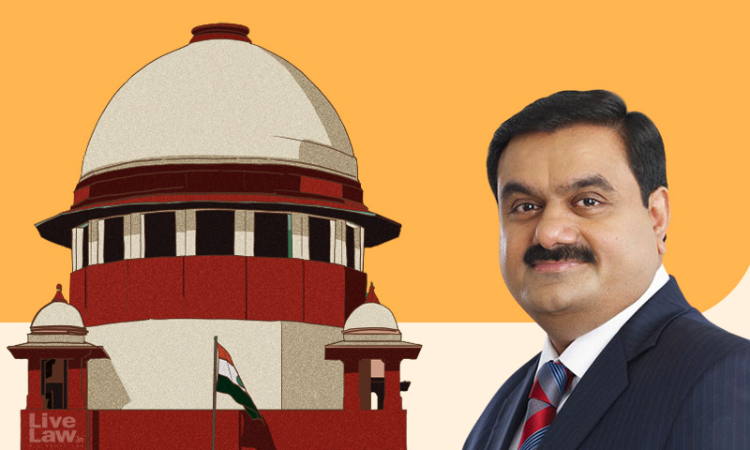Supreme Court Dismisses Adani Gas Ltd Plea Seeking Authorization For City Gas Distribution Network In Ahmedabad District With Rs 10 Lakh Costs
LIVELAW NEWS NETWORK
28 Sept 2021 7:51 PM IST

A 3-judge bench of the Court also overruled a 2019 judgment on the point of "deemed authorization".
Next Story


